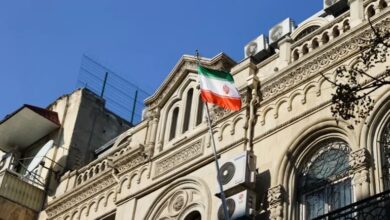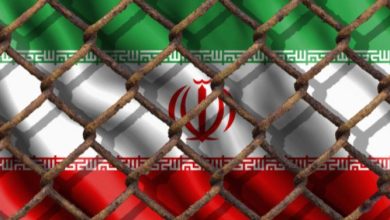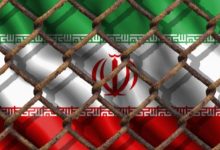
The TEDPIX index in the Tehran bourse dropped 26,000 points Tuesday to 1.208 million points, after a fall in the week ending Friday of 55,000 (4.3 percent).
Experts say government plans to tax petrochemical exports to curb the projected deficit in next year’s budget was the biggest factor pushing the index down this week, with the proposal immediately affecting shares in petrochemical industries.
The experts also blamed power and gas cuts to various industries in recent days for a fall in share prices of companies like steel and cement plants with high demand for power, which would lose export revenues.
“Tehran stocks posted the second big loss in two straight sessions amid small investors struggling to exit the market and the nonstop outflow of capital,” wrote Financial Tribune, an English-language economic daily Monday.
According to Tejarat News, shares on the bourse have on average lost 40 percent of their value in the past 18 months.
The official news agency IRNA reported Tuesday the government had introduced changes in the budget bill for the next Iranian calendar year (starting March 21) “to protect stock market stability” in coming years.
Some Iranian Twitterati, blaming President Ebrahim Raisi for the fall in share prices, created hashtags in Persian such as “Ebrahim, the stock exchange buster” and “stock exchange sacrificed to budget” as investors sold their shares en masse.
“The stock market is the thermometer of the country’s economy,” opined an Iranian on Twitter. “It is showing high fever andconvulsions. What happened to your promises of giving top priority to the stock market, Mr. Raisi?”
In campaign speeches before June’s presidential election, Raisi said aiding the stock market, which had been losing value for nearly a year, was one of his top priorities.
Politicians and the public alike speak about the stock market as if it is a bank that has to guard investors’ savings. They have been even proposals to withdraw money from the national hard currency reserves to prop up a market, which is naturally unstable due to the current economic crisis.
Hundreds of small investors rallied outside parliament last Thursday to demand their “stolen savings.” Chanting “Raisi, liar, liar” and “No nation has ever seen so much injustice,” they claimed they had been encouraged over the past 18 months to invest in shares but had been robbed as the market was manipulated by large, often state-owned companies.
Retail trade dropped 23% to 24.45 trillion rials (around $87 million) Monday. The market featured net capital outflow, the highest in the past five months mainly by retail investors, with 4.16 trillion rials ($14.8m) exiting the market just on Monday.







